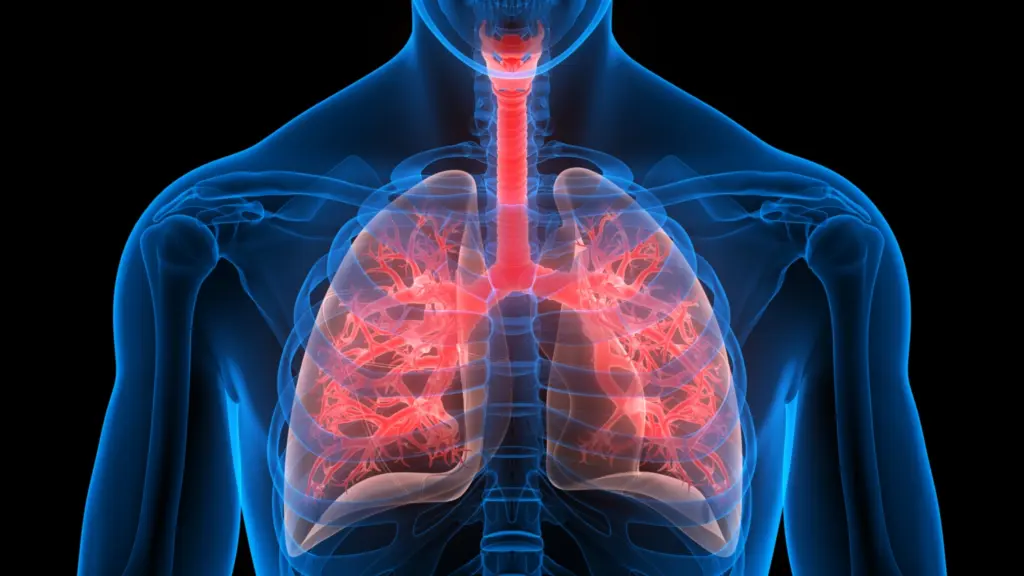
Tuberculosis (TB) continues to pose a significant public health challenge, affecting over 10 million individuals worldwide each year. On October 20, 2023, prominent international researchers convened at the Nobel Forum to address critical gaps in prevention, care, and ongoing research related to TB. Despite notable advancements in treatment outcomes, TB remains the deadliest infectious disease globally.
The symposium, titled **Global Health and Tuberculosis**, was organized by the Karolinska Institutet’s tuberculosis research network. It brought together experts from various countries to explore the current challenges in managing this disease. The event commenced with insights from Professor Madhukar Pai of McGill University in Canada. He emphasized the “know-do” gap in TB management, highlighting the disparity between existing knowledge of the disease and its practical application. This gap contributes to persistent failures in diagnosis, treatment, and prevention efforts.
Professor Pai argued for a shift towards more person-centered TB care. He stressed the need to address the psychological impact of the disease and the adverse effects associated with long-term antibiotic treatment. Furthermore, he underscored the necessity of incorporating the perspectives of TB survivors in research, a practice that is frequently overlooked in studies conducted in Western contexts.
Dr. Senia Rosales-Klintz, representing the European Centre for Disease Prevention and Control (ECDC), presented concerning findings about the implications of restricted drug licenses within the European Union. She explained that these limitations lead to exorbitant treatment costs for individual countries, creating disparities in access to care, particularly for migrants. In some instances, these individuals have received better treatment in developing countries where TB is more prevalent.
The symposium continued with Professor Giovanni B. Migliori from the World Health Organization (WHO)’s collaborating center for tuberculosis and lung diseases. He discussed the long-term impacts of post-TB lung disease, presenting evidence that physical rehabilitation can significantly enhance the quality of life for patients long after they have completed their treatment programs.
The final presentation came from Associate Professor Lina Davies Forsman of Karolinska Institutet and Karolinska University Hospital. She outlined ongoing research collaborations with institutions in Vietnam and China, highlighting the importance of international partnerships in tackling TB.
The session concluded with a powerful reminder of the symposium’s theme: “Nothing about us, without us.” This statement serves as a call to action, advocating for a collaborative approach to global TB control that includes not only researchers and health professionals but also the voices and experiences of TB survivors and communities most affected by the disease. Such an inclusive strategy is deemed essential for achieving sustainable progress in the fight against tuberculosis.







